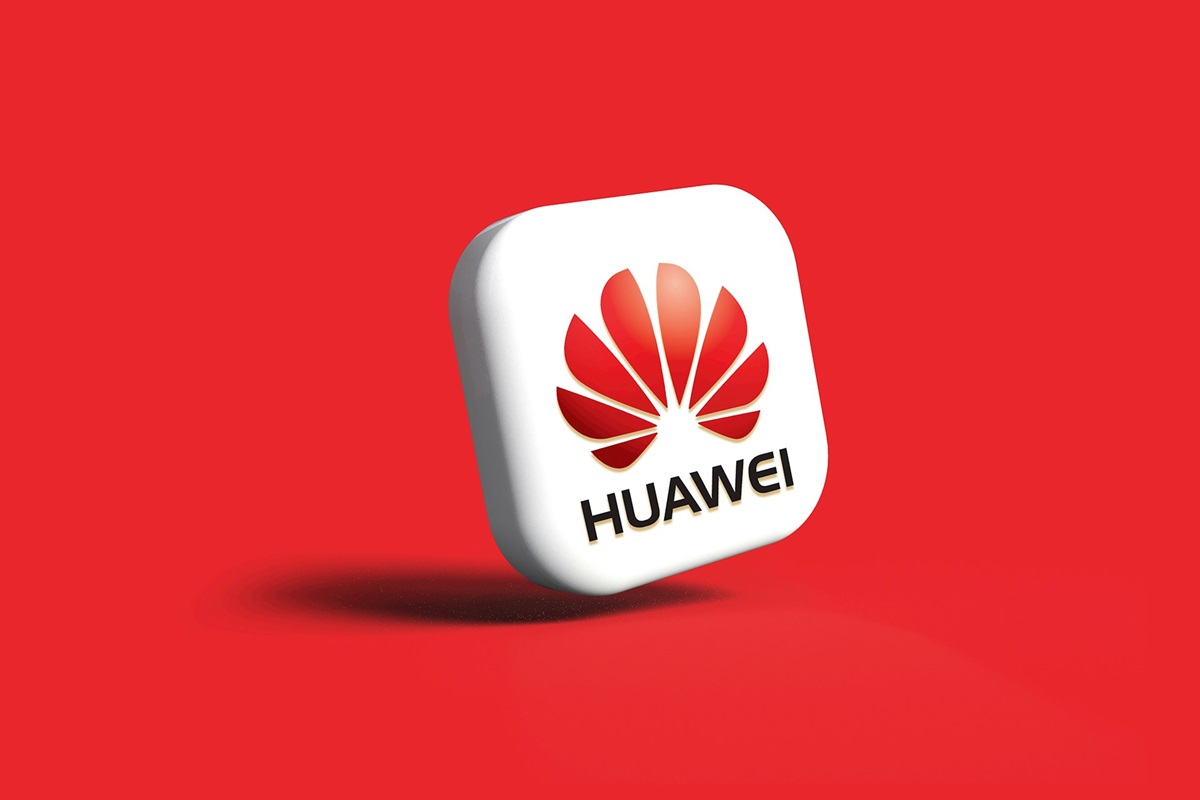Huawei Technologies Co. and its chip manufacturing partner, about which there is no information, except for being based in China, have filed patent applications for a method of making microcircuits, which is low-tech but has potential in terms of such a parameter as efficiency.

The mentioned patents are of particular importance in the context of developing Beijing’s capabilities in the semiconductor production industry. Against the background of limited access to advanced chips by Washington and some of its allies, it is critically important for China to establish domestic manufacturing of advanced microcircuits. It is worth noting that in the context of the current economic and sociality of reality, in which the technological component is becoming increasingly important, the country’s potential in the semiconductor industry determines its strength and influence, including to some extent in the geopolitical space. Chips, in particular, are necessary for the training and subsequent functioning of artificial intelligence systems, which are gradually becoming the main driving force of progress at the current stage in the history of human development.
According to patent applications in the China National Intellectual Property Administration, Huawei and its unknown partner are currently working on creating a technology that includes a self-aligned quadruple patterning, or SAQP. This production method is expected to reduce dependence on high-end lithography. Huawei and its partner hope that the mentioned technology will allow them to make advanced chips. In this context, it is also extremely important to potentially eliminate the need to use modern equipment for extreme ultraviolet lithography, EUV, from the Dutch ASML Holding NV, which has limited the supply of its products to China. This company cannot sell the mentioned equipment to an Asian country due to the export control regime. It is worth noting that ASML is the only supplier of EUV machines.
Quadruple patterning is a method of etching lines on silicon wafers to increase the density of transistors and, accordingly, performance. Huawei’s patent application, published on Friday, March 22, describes a method involving the use of technology to make more sophisticated semiconductors. This application separately notes that the adoption of the patent increases the freedom of circuit design.
SiCarrier, a state-backed chip manufacturing equipment developer partnering with Huawei, granted a patent that involves SAQP at the end of 2023. In this case, it is envisaged to use machines with deep ultraviolet lithography, DUV, for making microcircuits. The patent also mentions SAQP technology to achieve certain technical thresholds seen on 5-nanometer chips. This approach avoids the use of EUV machines and at the same time reduces production costs.
Dan Hutcheson, vice chairman of the research company TechInsights, says that the technology of quadruple-patterning is good enough for China in terms of the manufacturing capabilities for making 5-nanometer chips, but notes that in the long term, it cannot do without EUV. According to the expert, in this case, a situation is being formed in which the problem is mitigated, but not finally solved.
Leading chip makers such as Taiwan Semiconductor Manufacturing Corp. (TSMC), use EUV machines for the production of advanced chips. The mentioned equipment has the highest level of performance, which means minimizing the cost per microcircuit. If Huawei and its partners will use alternative production methods, which is why their cost per chip may be higher than the industry average.
Currently, 3-nanometer microcircuits are the newest chips in the commercial application space. For example, TSMC manufactures similar chips for Apple Inc. China currently can make 7-nanometer microcircuits. The start of production of 5-nanometer chips will reduce the gap between the local technology sector and the world leaders in semiconductor manufacturing by one generation.
Washington and its allies have been restricting Chinese companies’ access to advanced chips for years. Last year, the relevant efforts of the American side intensified.
Restrictive measures also apply to the supply of chip manufacturing equipment to China. The administration of the President of the United States Joe Biden claims that the specified measures are being taken in the interests of national security. An example of the limitations is the inability to supply the most powerful Nvidia Corp. graphics processors to China, which are necessary for training artificial intelligence systems.
At the same time, Beijing is directing multibillion-dollar investments into the development of domestic production capabilities. The result of these efforts was last year’s debut of a Huawei smartphone equipped with a 7-nanometer processor. This device has become tangible evidence of China’s progress in chip production, despite restrictions from the United States.
Currently, the Joe Biden administration is exploring additional measures to contain the technological potential of the Asian country. The United States calls on Germany and South Korea to join the practice of restrictions on supplies to China. Washington is also considering the possibility of blacklisting even more Chinese chip production companies that cooperate with Huawei.
A group of China manufacturers, including Naura Technology Group Co. and Advanced Micro-Fabrication Equipment Inc., are exploring the possibility of complementing multiple patterning technology with etching systems for making 7-nanometer or more advanced microcircuits since EUV machines are not available. The relevant information is contained in a note from Citigroup analysts. Experts also note that Chinese semiconductor companies predominantly use SAQP to produce advanced chips that could increase the density of etching machines.
This year, Beijing demonstrated backing for local makers of microcircuits manufacturing equipment. In March, the country’s Prime Minister Li Qiang visited the offices of Naura Technology as part of a tour, which is a kind of symbolic gesture denoting backing by the state.
As we have reported earlier, Expert Says About Futility of US Attempts to Stop Huawei’s Technical Progress.









